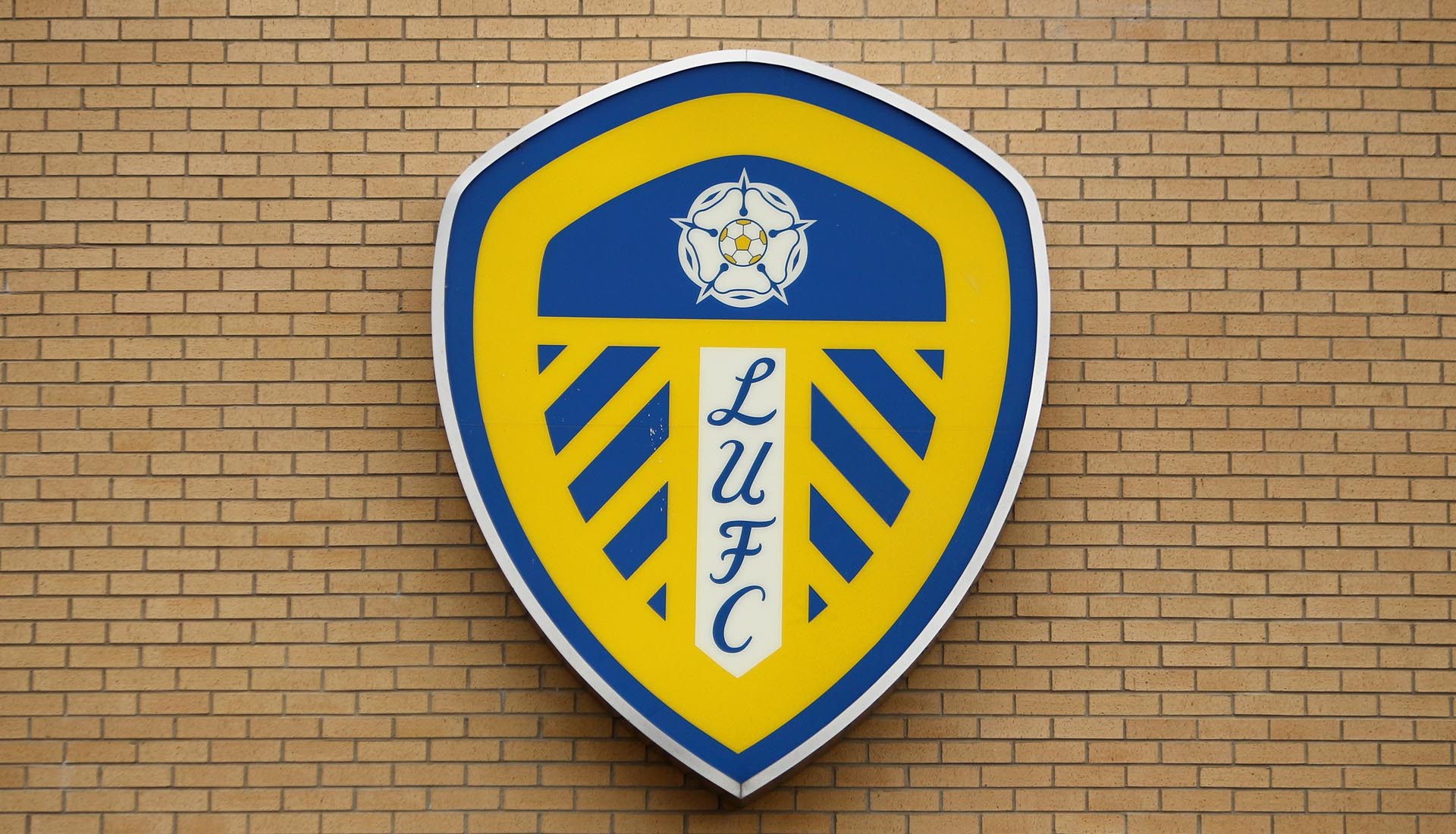
Daniel Farke’s leadership at Leeds United has recently sparked concerns about potential unrest within the squad, largely due to some of his outspoken remarks and tough decisions. His comments, particularly following the club’s performances, hint at a managerial style that emphasizes discipline and commitment over appeasing individuals, which can lead to tensions within the team.

One key issue emerged when Farke addressed the situation regarding certain players who appeared unwilling to fully commit to the team, including hints at players like Willy Gnonto and Luis Sinisterra, who were previously rumored to be seeking moves away. Farke made it clear that players who are not fully invested in the club would not be part of his plans. He stated that if a player doesn’t want to be part of the group, they would be sidelined and trained separately, showing that his priority is building a unified team. His statement that “the club is bigger than any player” sends a firm message, but it also risks alienating those who might feel mistreated or undervalued.
This approach can cause friction in a dressing room, especially if there are players who feel they are being treated unfairly or being sidelined due to off-field decisions. While Farke is certainly committed to the team’s long-term success, such a hardline stance may not sit well with certain members of the squad, especially those with a higher profile or market value, leading to possible unrest.
Furthermore, Farke has been vocal about the need for better performances and has not shied away from criticizing the squad after subpar displays. His frustration after narrow losses, like the one to Birmingham City, reflects his high expectations. After such games, his remarks about players being “naive” or making costly mistakes could potentially create discontent among players who feel the criticism is too harsh.
On the other hand, Farke’s honesty and clear expectations can be seen as refreshing, particularly by fans who appreciate his no-nonsense approach to leadership. However, this candidness can be a double-edged sword, as it may erode the confidence of some players if not managed carefully. Balancing tough love with support will be key for Farke if he wants to avoid deeper divisions within his squad as the season progresses.
In summary, Daniel Farke’s direct and uncompromising style, while potentially beneficial in building a resilient team, risks creating internal strife if certain players feel ostracized or publicly blamed. Maintaining squad harmony will be crucial for Leeds United as they aim for promotion, and Farke will need to navigate these dynamics carefully to ensure success on the pitch doesn’t come at the cost of dressing room cohesion.

Leave a Reply